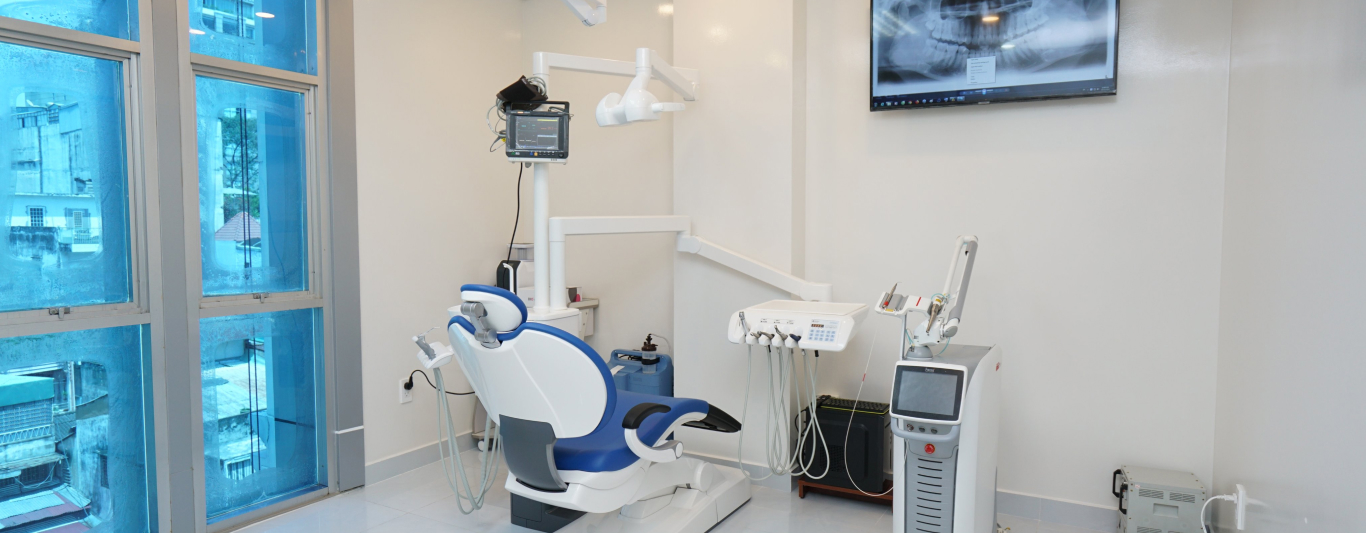Phẫu thuật nướu và những điều bạn cần biết
Phẫu thuật nướu là một loại phẫu thuật giúp loại bỏ mô nướu dư thừa hoặc bị tổn thương. Bác sĩ chuyên khoa nha chu thường áp dụng phương pháp này để điều trị bệnh nha chu hoặc cải thiện thẩm mỹ cho nụ cười. Quá trình hồi phục sau phẫu thuật nướu thường kéo dài khoảng một tuần và mang lại kết quả lâu dài.
1. Phẫu thuật nướu là gì?
Phẫu thuật nướu là một thủ thuật cắt bỏ mô nướu dư thừa nhằm giảm vi khuẩn có hại, giảm túi nha chu và tạo điều kiện thuận lợi cho việc vệ sinh răng miệng. Ngoài ra, đây cũng là một phương pháp thẩm mỹ phổ biến giúp cải thiện tình trạng “cười hở lợi,” giúp răng trông dài và cân đối hơn.
2. Các phương pháp phẫu thuật nướu
Có hai phương pháp chính để thực hiện:
– Phẫu thuật cắt nướu truyền thống: Bác sĩ sử dụng dao mổ để loại bỏ phần nướu dư thừa. Trong một số trường hợp, có thể cần loại bỏ một phần xương dưới nướu. Sau khi cắt bỏ, bác sĩ có thể sử dụng chỉ khâu để cố định mô nướu.
– Cắt nướu bằng laser: Sử dụng tia laser để loại bỏ nướu dư thừa. Phương pháp này giúp giảm thiểu chảy máu và có thể không cần dùng chỉ khâu do tia laser có tác dụng cầm máu ngay lập tức.
3. Có nên phẫu thuật nướu hay không?
Không phải ai cũng nên thực hiện thủ thuật cắt nướu. Bác sĩ có thể đề xuất cắt nướu răng cho những trường hợp:
– Bệnh về nướu răng như viêm nướu, viêm nha chu.
– Túi nha chu (khe hở xung quanh răng) tạo điều kiện cho vi khuẩn phát triển.
– Chấn thương, nhiễm trùng nướu.
– Người có cầu cắt nướu vì lý do thẩm mỹ như cười hở lợi.
– Nướu sưng tấy khi niềng răng hoặc đeo khí cụ chỉnh nha.
– Sai lệch vị trí răng dẫn đến mô nướu dư thừa.
– Tác dụng phụ của một số loại thuốc gây phì đại nướu, như aplodipine điều trị cao huyết áp hay cyclosporine dùng để ức chế miễn dịch.
4. Cắt lợi có nguy hiểm không?
Tiểu phẫu cắt nướu là kỹ thuật khá đơn giản, thời gian thực hiện nhanh, thường không gây ảnh hưởng đến sức khỏe hay chức năng răng miệng sau khi thực hiện, tuy nhiên, có thể gây một số tác dụng phụ như:
– Chảy máu.
– Khó chịu.
– Sưng tấy, bầm tím.
– Răng nhạy cảm hơn.
– Các tác dụng phụ kể trên rất bình thường và có thể tự khỏi sau 3-4 ngày.
Một số ít trường hợp có thể xảy ra các biến chứng như:
– Nhiễm trùng tại vị trí phẫu thuật.
– Đau dữ dội.
– Áp xe.
– Tổn thương dây thần kinh.
Để tránh các biến chứng không mong muốn, bạn nên tìm đến những cơ sở y tế uy tín để thực hiện phẫu thuật. Ngoài ra, sau khi phẫu thuật, người bệnh cũng nên tuân thủ những hướng dẫn về ăn uống, giữ vệ sinh răng miệng để đạt được kết quả phẫu thuật tốt nhất.
5. Hướng dẫn chăm sóc sau khi cắt lợi
Thời gian hồi phục sau gingivectomy thường kéo dài khoảng một tuần. Trong thời gian này, bạn nên:
– Giữ vệ sinh răng miệng sạch sẽ, đặc biệt ở vùng nướu được phẫu thuật.
– Đánh răng nhẹ nhàng, nên dùng bàn chải lông mềm, súc miệng bằng nước súc miệng kháng khuẩn.
– Uống đủ các loại thuốc kháng sinh, giảm đau được bác sĩ kê.
– Ăn thực phẩm mềm, lỏng như cháo, súp, thức ăn nghiền nhỏ, rau nấu chín kỹ,…
– Hạn chế ăn thực phẩm cứng giòn, nóng, lạnh, giàu axit vì có thể gây ra kích ứng ở vùng phẫu thuật.
– Không dùng rượu bia, thuốc lá.
– Không chạm vào vết thương bằng tay hoặc lưỡi.
– Tái khám đúng lịch để bác sĩ kiểm tra tình hình vết thương sau điều trị.
6. Nha khoa Viễn Đông – Địa chỉ uy tín cho phẫu thuật nướu an toàn
Tại Nha Khoa Viễn Đông, chúng tôi có đội ngũ bác sĩ chuyên khoa giàu kinh nghiệm và hệ thống trang thiết bị hiện đại, đảm bảo quá trình phẫu thuật nướu diễn ra an toàn, hiệu quả và ít đau đớn nhất.
Nha khoa Viễn Đông cung cấp dịch vụ điều trị nhanh chóng và hiệu quả đồng thời đảm bảo rằng bạn có được trải nghiệm chăm sóc nha khoa tốt nhất hiện có. Hãy inbox cho chúng tôi qua Facebook hoặc Liên hệ ngay với chúng tôi để đặt lịch hẹn ngay hôm nay!
—
NHA KHOA VIỄN ĐÔNG | FAR EAST DENTAL
Địa chỉ: 249 Lê Thánh Tôn, Bến Thành, Q.1, TP.HCM, Việt Nam
Giờ mở cửa: 9h-19h, Thứ 2-Thứ 7
Điện thoại: (+84 28) 22 44 8888 / (+84) 925 249 249 (Zalo) / (+84) 968 231 233 (Whatsapp)
Email: info@fareastdental.com




